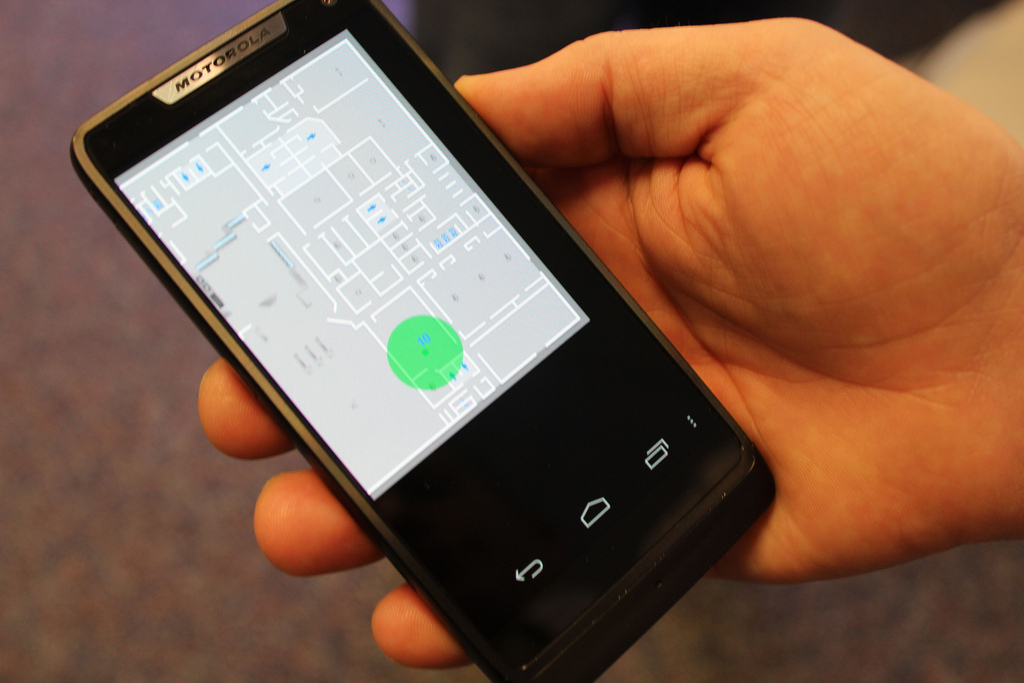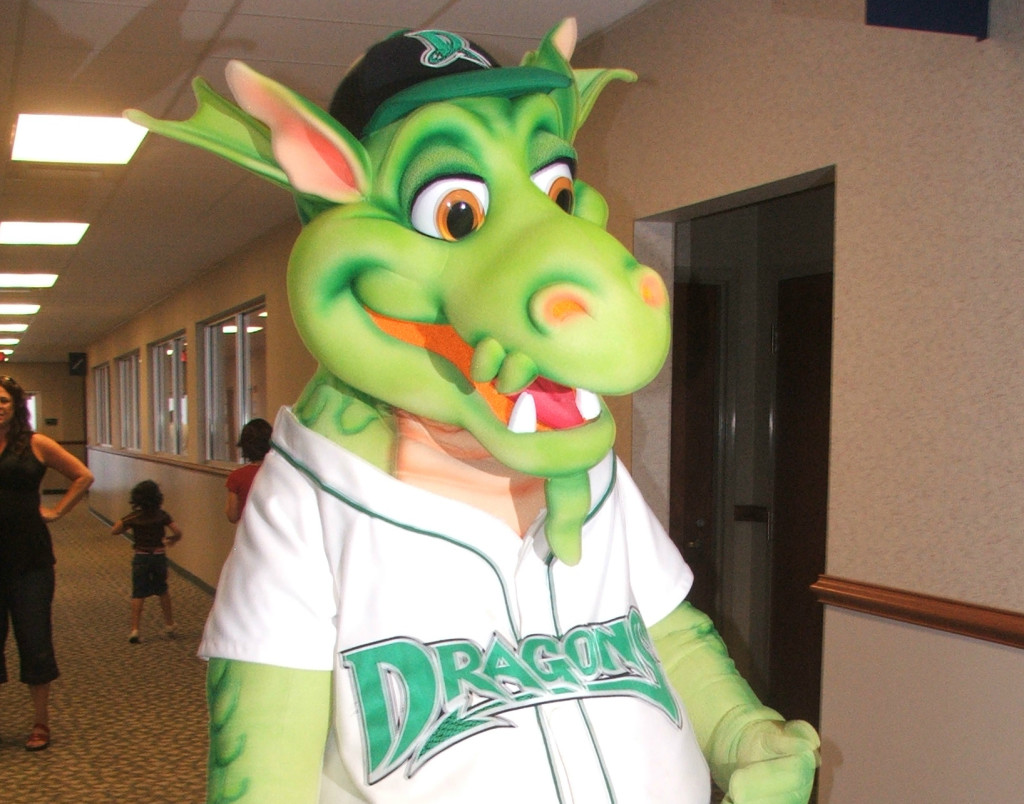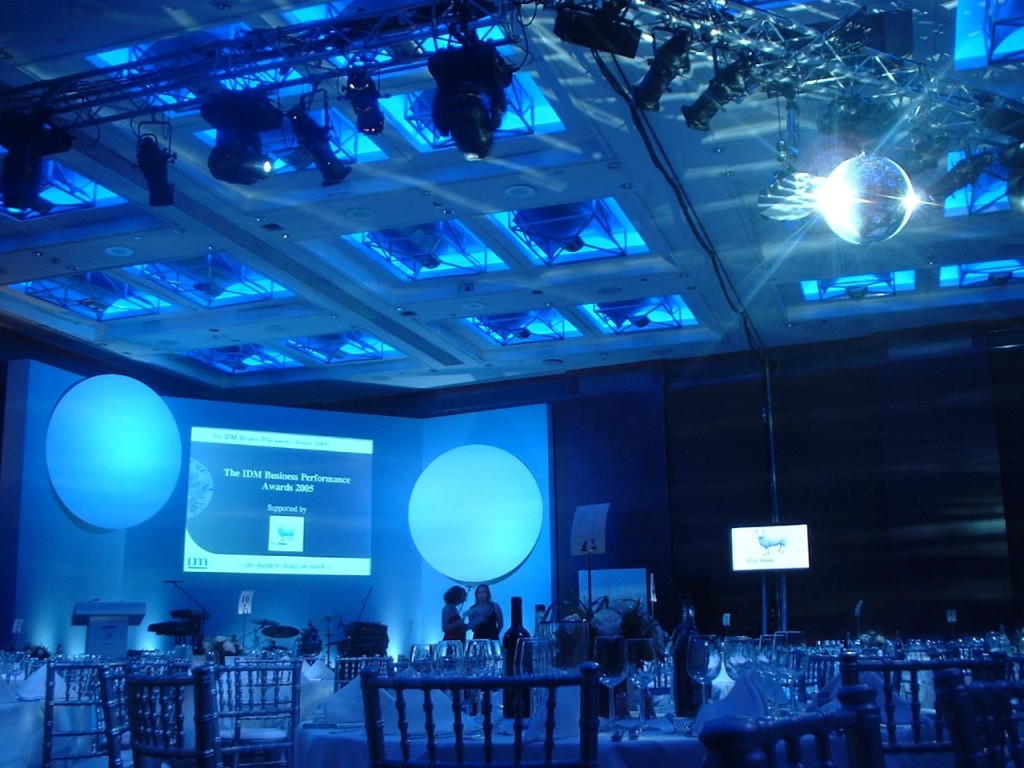The Vaping Question
Just like Joe Camel, e-cigs’ popularity is due to the “cool” factor. That’s what Michael Steinberg from the Rutgers Robert Wood Johnson Medical School found when he conducted a study comparing e-cigs and nicotine inhalers. E-cigs were also considered more satisfying and helpful in trying to quit smoking. Steinberg believes that their popularity and “cool” factor is due to better marketing on TV and social media.
“E-cigarettes have the potential to be important nicotine delivery products because of their high acceptance and perceived benefit, but more data are needed to evaluate their actual efficacy and safety,” Steinberg said. “Physicians have the potential to be an important source for answers about e-cigarettes that may influence the public’s perceptions and use of these products.”
In the April/May issue of FM magazine, we addressed e-cigs in our article, “The Vaping Question,” and the uncertainty around e-cigs’ advantages or disadvantages.
“My impression is that a big part of the popularity of e-cigs now is that they represent a way for smokers to access nicotine in places where smoking is prohibited,” said Dr. Chad Babcock, an Austin, Texas-based physician. “Those anti-smoking laws are in place because it’s been well established for years now that there are significant health problems associated with second-hand smoke exposure. E-cigs are new enough that they aren’t specifically prohibited in the same way, but that’s not because they’re necessarily safer. We just don’t have the data yet to know what effects, if any, they have on passive exposure.”
Please read the article to find out how some venue managers are addressing e-cig use in their facilities. And please share your thoughts with us in the comments section about e-cigs.
(Image: Flickr CC/BigMikeYeah)
Apple’s Massive Plan to Map the Inside of Every Building
Apple is aggressively focusing on indoor cartography in order to compete with Google’s venue mapping efforts. And it appears that Apple is ahead of Google, because of the iBeacon technology that it has been planting in venues for some time.
“iBeacons don’t specifically create indoor maps,” Jim Edwards wrote for Business Insider. “Rather, Apple appears to be hoping to persuade building owners to upload a map of their space, and then iBeacons could in theory be used to automatically validate the map’s accuracy as iPhones receive their signals. That automation would be a huge step—currently, Google is validating its indoor maps by hand, using a human to check each uploaded map, we’re told.”
Edwards wrote that there’s a fortune to be made in the indoor maps race.
“Indoor maps could be even more lucrative, because users are just a few inches from the products being sold and the checkout where they pay for them,” Edwards wrote. For example, “iBeacons will let marketers know that a shopper is in the candy aisle, looking not just at the chocolate display, but at the milk-chocolate-macadamia-nut section. It’s that precise.”
Please read the Business Insider article for the full story, and let us know your thoughts about indoor mapping in your venues.
(photo credit: IntelFreePress via photopin cc)
Industry News Weekly Roundup
There was a lot of news this past week. Here are some stories that caught our eyes.
This Mascot’s Sweet Surprise for a Deaf Fan at the Ballpark was a Grand Slam of Awesomeness
—The Huffington Post
Hunter Samworth, 7, is deaf and a huge fan of Heater, the mascot for the Dayton Dragons, a minor league baseball team in Ohio…”
SEC OKs Use of More Cowbell, In-stadium Music for Football
—AL.com
“Mississippi State is at the center of the legislation, which the SEC believes will help ‘enhance the fan experience and provide institutions with the flexibility to appeal to their fans by the use of music and institutionally controlled noise.'”
Have We Reached The End Of The Line For The Conference Call?
—NPR
“Humans have put a man on the moon, harnessed the atom and built supercomputers that can perform quadrillions of calculations per second. But try to get five people with telephones talking to each other and our high-tech society can break down.”
6 Reasons to Talk to Strangers About Your Work
—Forbes
“What can having conversations with people in our ‘outer circle’ do for your business?
How Google Glass Could Change the Way We View Art
—The Independent
“A team from Manchester Metropolitan University (MMU) is investigating how Google’s new wearable computers can be used to display instant information on artworks as visitors walk round museums, possibly replacing gallery guidebooks and audio guides entirely.”
Exposure to Blue Light Increases Hunger
The color blue is known to have a calming effect and can spark creativity. Now, let’s add hunger to that list.
According to a new study, blue-enriched light exposure was associated with an increase in hunger 15 minutes after light onset and still lingered two hours after the meal. Blue light also decreased sleepiness and contributed to higher measures of insulin resistance.
“It was very interesting to observe that a single three-hour exposure to blue-enriched light in the evening acutely impacted hunger and glucose metabolism,” said study co-author Ivy Cheung, a doctoral candidate in the Interdepartmental Neuroscience program at Northwestern University in Chicago, Illinois. “These results are important because they suggest that manipulating environmental light exposure for humans may represent a novel approach of influencing food intake patterns and metabolism.”
So, the next time you have an event and there is some leftover food you’d like to have eaten, just wash the room with some blue light.
(photo credit: On Stage Lighting via photopin cc)
How Would You Like to Have an Emotional Venue?
Imagine if your venue could adapt to your guests’ emotional states. That may seem like fantasy, but one group is working on it.
The STAN (Science Technology Architecture Networks) research project is exploring whether buildings can reflect human emotions. The group created a Twitter-reactive garden of articulating steel structure that is controlled by people’s responses via Twitter when they use the hashtag #gardenup.
“The garden essentially points to a future in which buildings could modify themselves in response to monitoring our emotional state via social media,” said Richard M. Wright, senior lecturer at the Lincoln School of Architecture in England. “For example, if we feel like wearing a big cosy jumper and sipping a cup of boiling hot soup, it will turn the temperature down and open a window. Buildings may also begin to reflect the mood of a populace by changing color or shape, constantly remapping our perception of our urban environment, with facades becoming animated, reflective, and mobile in response to communal desires and emotions.”
The STAN project will be making its first public appearance at the Garden Up horticultural event in Sheffield, England, June 7-8. You can also follow @thestanproject on Twitter to learn more about the project.
(Image: The STAN project)
Do you want to receive a Front Row News weekly digest?
Categories
- Allied (861)
- Architecture (147)
- Arenas (747)
- Career (897)
- Convention Centers (895)
- Education (623)
- Events (1,544)
- Food & Beverage (193)
- Foundation (113)
- Guest Experience (1,496)
- Industry News (2,270)
- Leadership (1,888)
- Marketing (150)
- Membership (2,000)
- Music (213)
- Performing Arts Centers (454)
- Professional Development (409)
- Research (127)
- Safety & Security (442)
- Sports (763)
- Stadiums (608)
- Student (159)
- Technology (516)
- Ticketing (92)
- Touring (82)
- Trends (364)
- Uncategorized (743)
- Universities (218)
- Video (25)
- Young Professional (198)
Twitter Feed
- Twitter feed loading
Recent Posts
- Venuworks and ATG Entertainment Selected to Manage Fresno Convention and Entertainment Center
- Seattle Convention Center Announces Strategic Leadership Appointment and Growth Initiatives for 2026
- Peggy Daidakis Humbly Made Convention Center History
- Welcome to Our Newest Members
- New Member Benefit! IAVM Partners with Advantage Training to Elevate Staff Readiness and Guest Experience
Categories
- Allied
- Architecture
- Arenas
- Career
- Convention Centers
- Education
- Events
- Food & Beverage
- Foundation
- Guest Experience
- Industry News
- Leadership
- Marketing
- Membership
- Music
- Performing Arts Centers
- Professional Development
- Research
- Safety & Security
- Sports
- Stadiums
- Student
- Technology
- Ticketing
- Touring
- Trends
- Uncategorized
- Universities
- Video
- Young Professional
Archives
- December 2025
- November 2025
- October 2025
- September 2025
- August 2025
- July 2025
- June 2025
- May 2025
- April 2025
- March 2025
- February 2025
- January 2025
- December 2024
- November 2024
- October 2024
- September 2024
- August 2024
- July 2024
- June 2024
- May 2024
- April 2024
- March 2024
- February 2024
- January 2024
- December 2023
- November 2023
- October 2023
- September 2023
- August 2023
- July 2023
- June 2023
- May 2023
- April 2023
- March 2023
- February 2023
- January 2023
- December 2022
- November 2022
- October 2022
- September 2022
- August 2022
- July 2022
- June 2022
- May 2022
- April 2022
- March 2022
- February 2022
- January 2022
- December 2021
- November 2021
- October 2021
- September 2021
- August 2021
- July 2021
- June 2021
- May 2021
- April 2021
- March 2021
- February 2021
- January 2021
- December 2020
- November 2020
- October 2020
- September 2020
- August 2020
- July 2020
- June 2020
- May 2020
- April 2020
- March 2020
- February 2020
- January 2020
- December 2019
- November 2019
- October 2019
- September 2019
- August 2019
- July 2019
- June 2019
- May 2019
- April 2019
- March 2019
- February 2019
- January 2019
- December 2018
- November 2018
- October 2018
- September 2018
- August 2018
- July 2018
- June 2018
- May 2018
- April 2018
- March 2018
- February 2018
- January 2018
- December 2017
- November 2017
- October 2017
- September 2017
- August 2017
- July 2017
- June 2017
- May 2017
- April 2017
- March 2017
- February 2017
- January 2017
- December 2016
- November 2016
- October 2016
- September 2016
- August 2016
- July 2016
- June 2016
- May 2016
- April 2016
- March 2016
- February 2016
- January 2016
- December 2015
- November 2015
- October 2015
- September 2015
- August 2015
- July 2015
- June 2015
- May 2015
- April 2015
- March 2015
- February 2015
- January 2015
- December 2014
- November 2014
- October 2014
- September 2014
- August 2014
- July 2014
- June 2014
- May 2014
- April 2014
- March 2014
- February 2014
- January 2014
- December 2013
- November 2013
- October 2013
- September 2013
- August 2013
- July 2013
- June 2013
- May 2013
- April 2013
- March 2013
- February 2013
- January 2013
- May 2012
- March 2012
- December 2011
- November 2011
- October 2011
Recent Comments
- Frank Bradshaw, Ph.D., CVE on John Meyer, CVE, a Tireless Advocate of Certification for Venue Professionals, Has Died
- Neil Sulkes on Hilary Hartung, Friend to Many in Venue Marketing, Has Left Us
- Jason Parker, CVE on The Devastation of Hurricane Helene and How We Can Support One Another
- Larry Perkins on Touhey Testifies Against Speculative Ticketing Before Congressional Subcommittee
- Peter Secord on Major Players for Planned Elkhart Amphitheater Were in the Mix at VenueConnect





